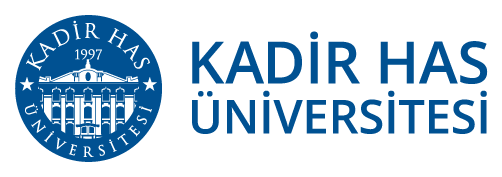Various measures were taken in order to reduce the level of water consumption at the University. In particular, the aerator systems used in the washbasins and taps in the buildings ensure the water runs at a lower flow speed. This makes it possible to consume less water while doing the same function. With the use of this system in the student dormitories and administrative buildings, we saved a significant amount of water with respect to annual consumption.
The regular maintenance of the water installations at the university is a significant issue. Timely and routine maintenance service on the water pipes avoids possible leakages, preventing inefficient water use. This makes it possible to protect water resources and avoid wastage. Further, using pipes that allow the water inside to run more efficiently helps use water more efficiently.
Training and awareness campaigns are organized to create awareness in the university community regarding sustainable water use and energy efficiency. As a result of the efforts to raise awareness of the students, academic staff, and administrative personnel regarding water savings and energy efficiency, they integrate these principles into their daily lives.
The courses given within the organization of our University in connection with this goal are detailed below.
|
1.1. Courses |
- KHAS 107 Design: Within the scope of this mandatory course of design for all the first-year students of the university under the Core Program, out of the student projects intended to provide a solution to a particular problem identified by the students at the campus and its surroundings are specific projects that focus on clean water and sanitation, for example, a group of students designed a project, where they focused on the accessibility to potable water and mapped the locations at the campus, where free points of potable water are available, and the locations of the fountains around the campus, whether they run or not, exchanges correspondences with the Istanbul Water And Sewerage Administration on the potable water quality of these fountains, and organize campaigns as intended to repair non-functional fountains and increase the recognition of functional ones.
- KHAS101 Origins and Consequences: This course analyzes the valuable consequences of the inventions in the different scientific fields for the people, and the modules called Quantum Technologies and Role of Chemistry in Medicine motivate the students to think of what to do for clean water and sanitation. The students do research homework in any field of their choice, analyzing the topic thoroughly.
- KHAS103 History of Humankind: The history, humanity, and nature module analyzed environmental problems under various headings. The styles of those communities living in different geographies and times (hunter-gatherers/ agricultural societies/ industrial societies) were compared to one another to analyze these problems. The homework given at the end of this module expects the students to play the roles of different people discussing their relationships with the environment.
- KHAS 105 Universal Values and Ethics: The module on Ecologic Crisis and Coexistence of Species ensures that the students are aware of the water crisis in the context of ecologic crisis and learn about the social, ecological, political, and economic aspects.
